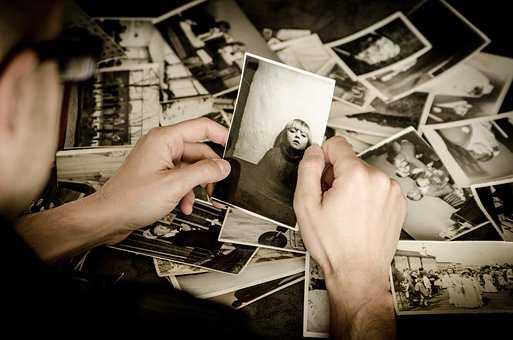Melody techniques
Teasing in a melody line by using fragments of it before unleashing the full tune can prove to be hugely effective
In the ongoing quest to make your tracks as memorable, dynamic and exciting as they can possibly be, understanding what makes a great melody is as essential as knowing how to program beats, sit a vocal properly in the mix or effectively negotiate any other part of the overall production process.
Step 1: We start with a fully supported melody line. We’ve got a tune, supporting chords and a whole beat structure, and everything’s playing at once. But this certainly doesn’t sound like the start of a track. Let’s build an introduction to work up to this point.
Step 2: We move the track back a few bars and copy only the elements playing the hook to the start. The first of these is a house piano sound, and we start with this, stripping out the syncopated notes between the melody note completely, to produce something much more sparse.
1
6 reads
The idea is part of this collection:
Learn more about music with this collection
How to choose the right music for different tasks
The benefits of listening to music while working
How music affects productivity
Related collections
Similar ideas to Melody techniques
How To Deliver An Elevator Pitch
- Ensure you can deliver what you claim to do in the pitch.
- Practice it so much that it becomes automatic and still does not sound rehearsed.
- Test it on people and fine-tune it with the results or feedback you get.
- Don’...
Procrastination: The How And Why
We usually procrastinate instead of being productive due to various reasons like having fun being distracted (like playing video games) or just lounging around as the task is too easy (or too difficult).
We start with a big, audacious goal and quickly realize that it is not feasible. Our l...
The different kinds of memories
We hold on to different kinds of memories.
- Short-term memories last seconds to hours and long-term memories last for years.
- We also have a working memory, which allows us to keep something in mind for a limited time by repea...
Read & Learn
20x Faster
without
deepstash
with
deepstash
with
deepstash
Personalized microlearning
—
100+ Learning Journeys
—
Access to 200,000+ ideas
—
Access to the mobile app
—
Unlimited idea saving
—
—
Unlimited history
—
—
Unlimited listening to ideas
—
—
Downloading & offline access
—
—
Supercharge your mind with one idea per day
Enter your email and spend 1 minute every day to learn something new.
I agree to receive email updates

